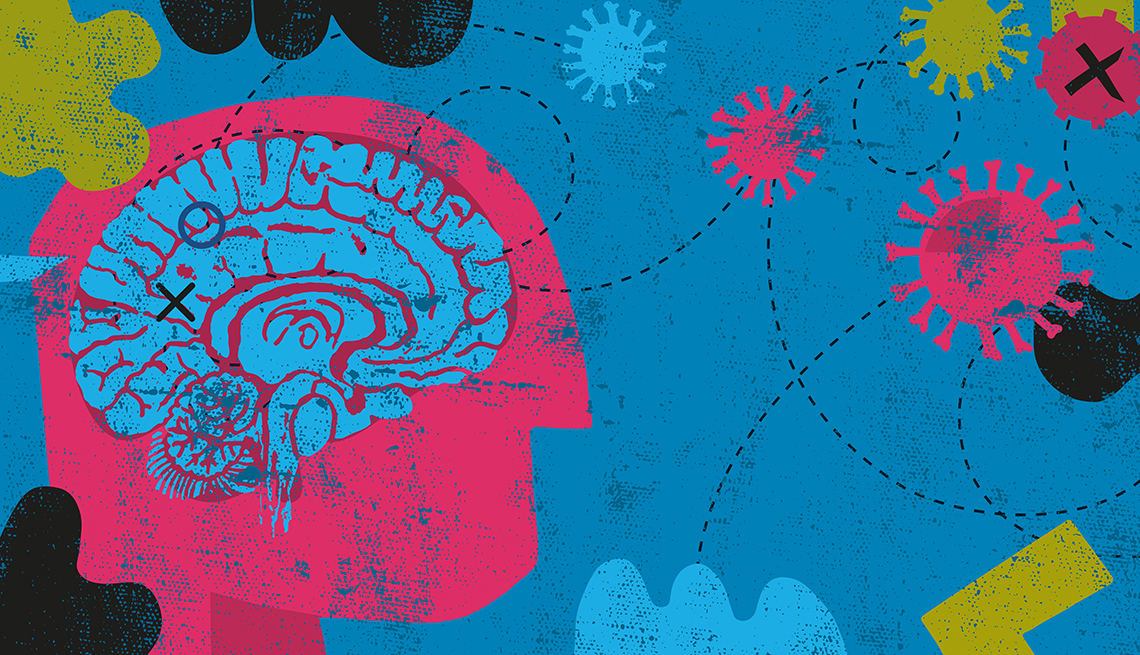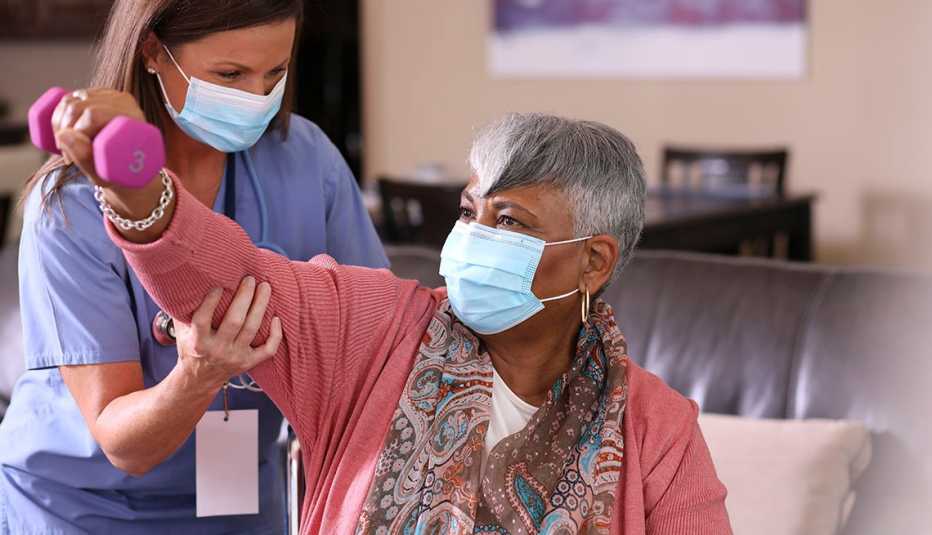Staying Fit
Millions of Americans who suffer from depression, other mood disorders or schizophrenia now have something in common with those who have cancer, diabetes or obesity: They are officially at high risk for being hospitalized or dying from COVID-19, according to the Centers for Disease Control and Prevention (CDC).
The CDC recently added the mental health disorders to its list of more than a dozen conditions linked to severe COVID-19, which already included people with substance abuse problems and neurological conditions such as dementia. The change means that people with mental illness are now among the high-risk groups that qualify for vaccine booster shots, regardless of their ages or jobs. And those who are still unvaccinated are on notice that the vaccine is especially important for them.


AARP Membership— $12 for your first year when you sign up for Automatic Renewal
Get instant access to members-only products and hundreds of discounts, a free second membership, and a subscription to AARP the Magazine.
This update to the list applies to a huge group of people: More than 19 million U.S. adults have had a major depressive episode, 7 million have symptoms of bipolar disorder and 1.5 million experience schizophrenia in a year, according to the National Alliance on Mental Illness (NAMI).
Advocates pushed for and now are applauding the change. In a letter signed by 16 mental health organizations, including the American Psychological Association and the American Psychiatric Association, executives wrote that “this new guidance by the CDC directing public health officials to prioritize those with mental health conditions identified as high risk for severe illness or death due to COVID‐19 will have a drastic impact on survival rates, with only modest public investment needed.”



































































